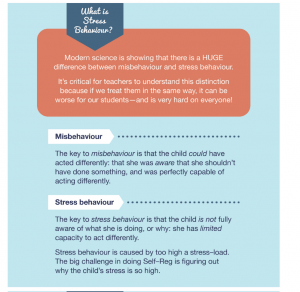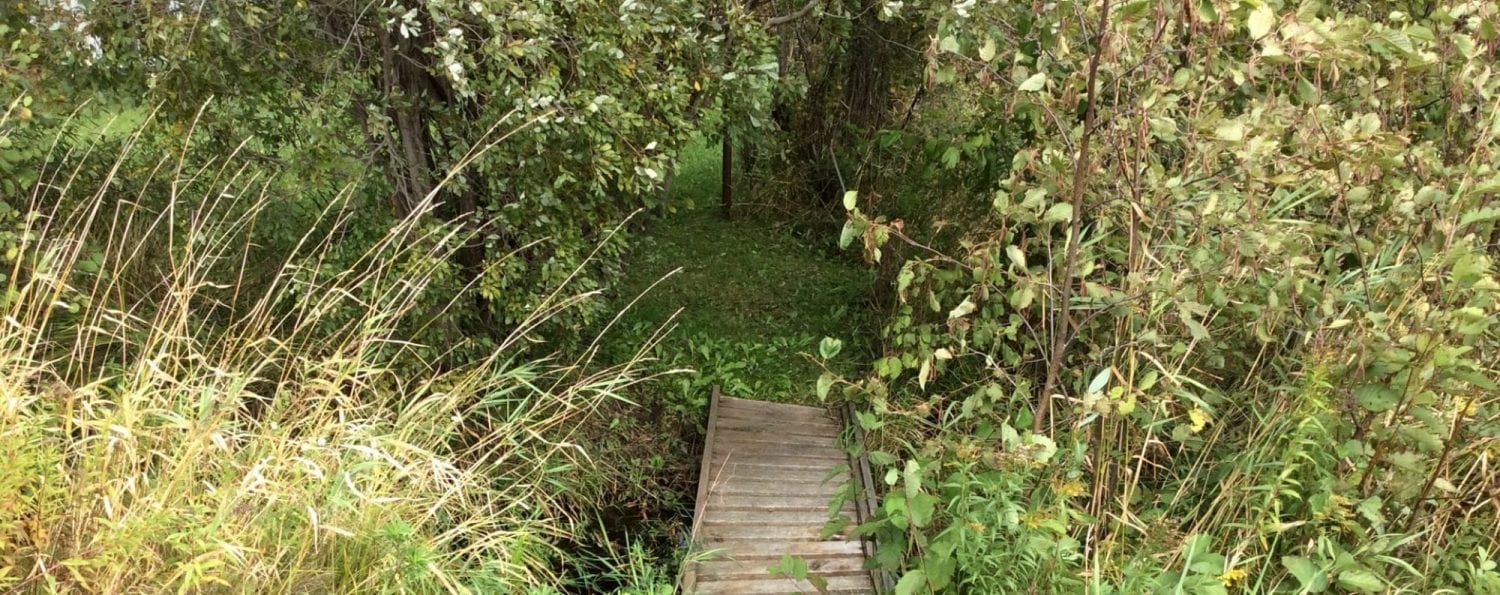Earlier this week, the team had a chance to spend the day with Lisa Cranston. She is a retired elementary school educator, and facilitator for the Mehrit Centre. It was a great day of learning, and I am sure all of us will write one thing or another about our learning that day.
One of the things that really stood out for me was our discussion on the difference between stress behaviour and misbehaviour. Lisa Cranston shared this definition with us:

(You can see other infographics here.)
Thinking about the things children do as out of the child’s full control changes my approach. I wrote in my notes: “Stress behaviour = can’t even switch and accept an offering of something good. No bribery or reward can change the behaviour.” This struck me because in some of my learning I have wondered if all behaviour really is due to stress. I have certainly known children (some with the last name Corbett) who do things that seem very purposefully chosen even though the child knows it was a bad choice. And I have known other children whose behaviour really does seem to be out of their control, at least in a specific moment. I’m sure all of us have seen a tired, hungry toddler have a full meltdown!
I also wrote in my notes, “Assume stress behaviour, and work backward to a solution.” This is where my learning about how to help a child learn to self-regulate, or in other words change their behaviour because they are calm, relaxed and feeling safe again, comes in. If I can reframe the behaviour I am seeing, and recognize that the child is really, really stressed, then I can start to identify the stressor. Once I have identified potential stressors, I can start to resolve or remove them. More importantly, I can help the child recognize and name the stressor, and figure out how to reduce or remove it.

